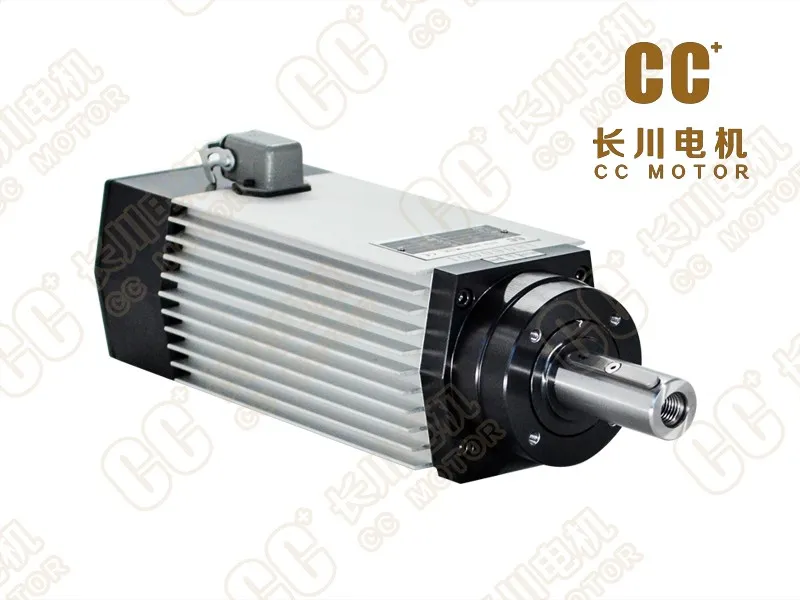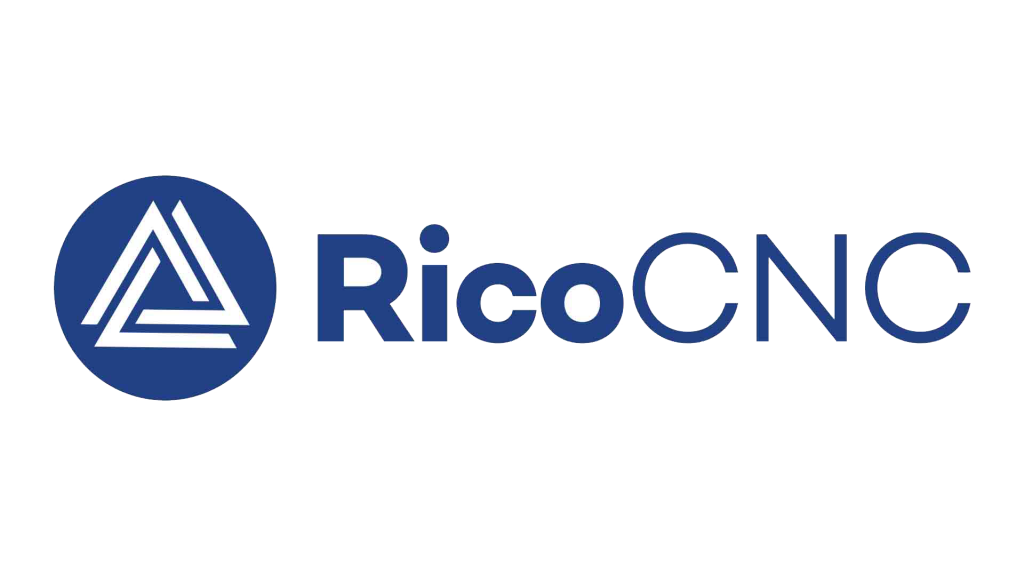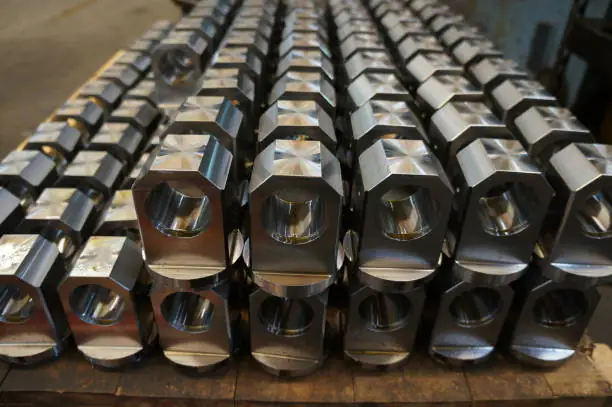When delving into the world of CNC (Computer Numerical Control) technology, you might ask yourself: is CNC legal? The short answer is yes, CNC technology is legal. However, there are certain considerations and legal restrictions you must keep in mind when operating CNC machines or manufacturing parts with them. In this comprehensive guide, we will explore the legality of CNC usage, safety standards, regulatory restrictions, and best practices to ensure you stay within legal boundaries.
What is CNC Technology?
CNC technology refers to the automation of machine tools through computer programming. CNC machines—such as lathes, mills, and routers—use pre-programmed sequences of movements to manufacture components from various materials, including metal, wood, and plastic. CNC machining allows for high precision, consistency, and efficiency in creating everything from car parts to artistic wood carvings.
Overview of CNC Machines
CNC machines come in various types, including CNC lathes, CNC routers, and CNC milling machines. These machines are responsible for subtractive manufacturing, which means they work by removing material from a solid block to shape the desired part. They are widely used in sectors such as automotive, aerospace, and furniture manufacturing.
For example, CNC Router Spindles are popular tools for wood and plastic carving due to their precision and ability to create intricate details.
Legality of CNC Machines
1. Is It Legal to Own and Operate a CNC Machine?
Yes, owning and operating a CNC machine is entirely legal for individuals and businesses alike. Whether you are a hobbyist making small crafts at home or a company manufacturing parts for commercial purposes, CNC machines are available for legal use. However, there are restrictions related to intellectual property, licensing, and the type of products you manufacture.
Personal Use vs. Commercial Use
- Personal Use: If you are using a CNC machine for your personal projects—such as creating custom furniture or decorative items—it is legal as long as you are not infringing on any copyrights or trademarks.
- Commercial Use: Businesses that manufacture products for sale must ensure they comply with safety regulations and obtain the necessary licenses and certifications for operating their CNC machines.
2. Intellectual Property Considerations
One of the main legal concerns when using CNC machines involves intellectual property (IP). If you are using a CNC machine to create products, you must be mindful not to violate the copyright or patent rights of others. This means you cannot copy a patented product design without permission. Always ensure that the designs you use are either your own creations or properly licensed.
Example: Suppose you want to manufacture custom metal parts for automotive use. If these parts are similar to those patented by a major car manufacturer, you will need to secure permission or develop an original design.
3. Legal Restrictions on Manufacturing Firearms
Another common question surrounding CNC legality involves the manufacturing of firearms. In many countries, it is illegal to use CNC machines to manufacture weapons or weapon components without proper authorization.
- United States: In the U.S., the ATF (Bureau of Alcohol, Tobacco, Firearms, and Explosives) has stringent regulations for manufacturing firearms, even for personal use. It is illegal to produce certain gun components, such as lower receivers, without the appropriate FFL (Federal Firearms License).
- Europe and Other Regions: Many other countries have similar or stricter restrictions regarding using CNC machines for weapons production.
To stay within legal boundaries, ensure you understand your country’s specific regulations concerning firearms and CNC machining.
Safety and Regulatory Compliance
Operating CNC machines comes with risks, which is why regulatory compliance is crucial. Many jurisdictions require businesses that operate CNC machines to comply with OSHA (Occupational Safety and Health Administration) or equivalent safety standards. Here are some key regulations and safety practices to keep in mind:
1. OSHA Compliance for CNC Machines
The OSHA standards ensure that CNC machines are used safely, particularly in commercial environments where employee safety is a priority. Regulations may include requirements for machine guarding, emergency stop buttons, and adequate ventilation.
- Training Requirements: Operators must undergo proper training to handle CNC machines safely and efficiently.
- Personal Protective Equipment (PPE): Employees must wear safety goggles, gloves, and other PPE when operating machinery.
2. Safety Protocols for Home CNC Use
If you are using a CNC machine at home, it is equally important to adhere to basic safety measures:
- Secure Workspace: Ensure your machine is placed on a stable surface and away from flammable materials.
- Ventilation: Proper ventilation is necessary, especially if you are using a coolant or working with materials like plastics that can emit harmful fumes.
- Dust Collection: Consider installing a dust collection system to manage the wood and metal particles generated during machining.

For improved safety and efficiency, consider using a high-quality spindle such as the 24000RPM 3.7KW ER20 Water-Cooling Spindle, which is designed to minimize overheating and ensure smooth operation.
Copyright and Licensing in CNC
Another critical aspect to consider when using CNC machines is copyright and licensing. Many designs used in CNC programming are protected by copyright, which makes it illegal to reproduce them without the proper permissions.
1. Purchasing Licensed Designs
Many CNC enthusiasts purchase designs from online marketplaces. Ensure that the digital designs you buy come with a proper license that permits their commercial or personal use. This will help protect you from potential legal action.
2. Developing Original Designs
If you are concerned about copyright issues, creating original designs using CAD (Computer-Aided Design) software is the best approach. This allows you to have full ownership of your creations, and you can even choose to license these designs to others.

Need precision for custom designs? Try the 12000RPM 4KW Pre-Milling Spindle Motor for high-accuracy results.
CNC Machine Use in Different Industries
CNC machines are widely used in numerous industries, and each sector has its own set of legal guidelines and compliance requirements.
1. Automotive Industry
In the automotive industry, CNC machines are used for engine components, gearboxes, and chassis parts. Manufacturing these parts requires adherence to stringent quality control standards to ensure they meet safety regulations.
2. Aerospace Industry
The aerospace sector demands the highest level of precision. CNC machines are used to manufacture aircraft components, which must comply with FAA (Federal Aviation Administration) or similar international standards to ensure airworthiness.
3. Medical Device Manufacturing
CNC machines are also used to create medical implants and surgical instruments. Manufacturers must comply with FDA or CE standards to ensure that these medical products are safe for patient use.
CNC Machines for Hobbyists: Legal Concerns
Hobbyist use of CNC machines is generally less regulated compared to industrial use. However, there are still some key legal aspects to keep in mind.
1. Noise Regulations
Depending on your location, there may be noise regulations that you need to adhere to when running a CNC machine at home. Machines like routers can be quite noisy, and failure to manage noise levels might lead to complaints from neighbors.
2. Local Zoning Laws
Some localities have zoning laws that dictate whether or not you can operate machinery like a CNC in a residential area. Make sure to check with local authorities if there are any restrictions in your neighborhood.
Best Practices for Staying Legal
To ensure that you stay on the right side of the law while using a CNC machine, follow these best practices:
- Use Proper Licensing: Ensure that you have the proper licenses for any designs you plan to use or sell.
- Understand Local Regulations: Make sure to research and understand any local regulations that apply to the use of CNC machines, especially if you operate a CNC business.
- Avoid Prohibited Items: Never use a CNC machine to manufacture items that are illegal without proper authorization, such as firearms.
- Keep Records: Maintain records of your designs, licenses, and parts produced. This can be helpful in case you need to prove ownership or compliance.
Conclusion
To summarize, CNC machines are legal to use for both personal and commercial purposes. However, there are legal considerations related to intellectual property, firearms production, and safety regulations that you must adhere to in order to stay compliant. By following best practices and understanding your local regulations, you can use CNC technology effectively and legally.
For more information about CNC spindles and upgrades, explore Spindle Motorshop to find the best tools for your projects.
FAQs
1. Is it legal to use a CNC machine at home?
Yes, it is legal to use a CNC machine at home, as long as you follow local regulations regarding noise and safety.
2. Can CNC machines be used to manufacture firearms?
In most countries, it is illegal to manufacture firearms with a CNC machine without proper authorization, such as an FFL in the United States.
3. Are CNC designs protected by copyright?
Yes, most CNC designs are protected by copyright. You must either purchase a licensed design or create your own to avoid copyright infringement.
4. What safety regulations should be followed when using CNC machines?
Follow OSHA standards for workplace safety, including the use of PPE, proper machine guarding, and adequate training for operators.
5. Can I use CNC to make products for commercial purposes?
Yes, CNC machines can be used for commercial manufacturing, provided you comply with all necessary licensing, safety, and intellectual property regulations.
6. How do I know if my CNC product design is legal to use?
To ensure your CNC product design is legal, make sure it is either original or licensed for use. Avoid copying patented or copyrighted designs without permission.

